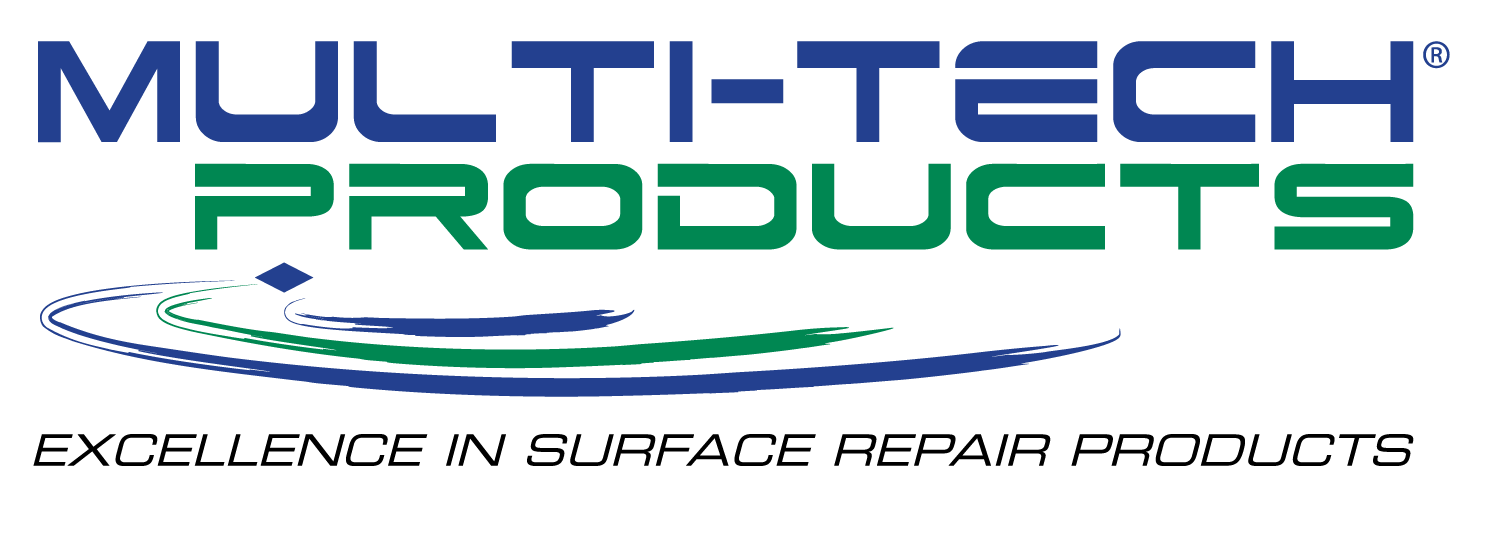ABS is the polymerization of Acrylonitrile, Butadiene, and Styrene monomers. Chemically, this thermoplastic family of plastics is called "terpolymers", in that they involve the combination of three different monomers to form a single material that draws from the properties of all three.
ABS possesses outstanding impact strength and high mechanical strength, which makes it so suitable for tough consumer products. Additionally, ABS has good dimensional stability and electrical insulating properties.
ABS materials are resistant to attack from inorganic salts, alkalis, many acids, most alcohols and hydrocarbons, but they are soluble in ketones, aldehydes, esters, and some chlorinated hydrocarbons. Prolonged exposure to direct sunlight will cause surface cracking and discoloration. Moisture does not affect the electrical properties of ABS, which remain constant over a wide range of frequencies. Although general purpose grades of ABS have low burn rates, flame retardant grades have been developed in response to increasingly stringent safety standards.
The ABS polymer can be molded or extruded into many forms. Extruded sheet is used for production of bath products. It is not a primary surface material for spas. Ease of fabrication is a major attribute of this product. It can be thermo-formed, pressure formed, blow molded, sheared, sawed, drilled, or even "cold stamped". Joints can be ultrasonic welded, thermo-welded, and chemically bonded. ABS is available as a multi-layer sheet with other polymers (e.g. acrylic) extruded on top of the ABS. Some common brand names for products used in the bath and spa industry are Rovel® and Centrex®, Lucite® Xtra, and Quarite® Plus.
Categories
- Bath & Shower
- Spa and Hot Tub
- Quick Glaze System
- MMA System
- Repair Filler Putty
- Surface Prep
- Texturing & Safety Additive
- Acrylic & Plastics Adhesives
- K2000 Products
- Acrylic & Gelcoat DIY Pastes
- Gelcoat Products
- Resins & Pastes
- Resin Additives
- Resin Thickeners
- Fiberglass
- Foam Support
- FRL Refinishing System
- Solvents & Strippers
- Laminating Tools & Supplies
- Plastic Jars & Bottles
- Glass Jars & Bottles
- Mixing Cups & Buckets
- Metal Cans
- Airbrushes & Touch-up
- Spraying Accessories
- Safety & Personal Protection
- Buffing & Polishing
- Sandpaper & Abrasives
- Repair Accessories & Tools
- Electric Tools
- DIY Products
- Instructional Videos
Quick Links
- Technical Info
- Applications
- About Us
